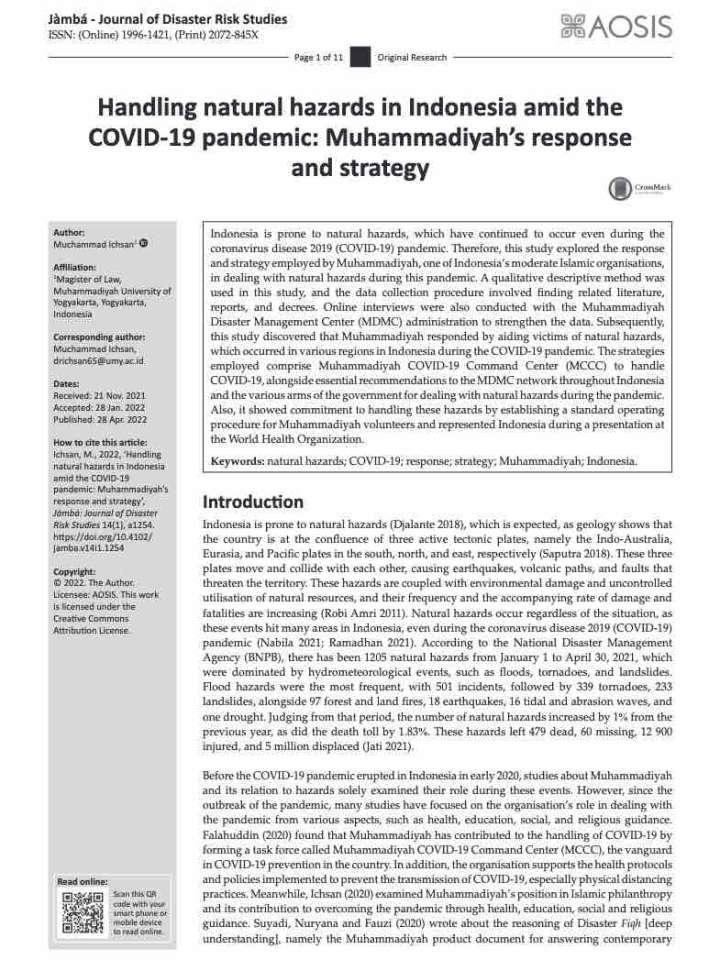Strategic Responses: Navigating Pandemic Challenges

Crafting Effective Responses: Navigating Pandemic Challenges
The unprecedented challenges posed by a global pandemic demand strategic and adaptive responses. In navigating these complex scenarios, effective pandemic response strategies emerge as crucial tools for mitigating the impact, safeguarding communities, and fostering resilience.
Understanding the Dynamic Nature of Pandemics
The foundation of effective pandemic response lies in a comprehensive understanding of the dynamic nature of these global health crises. Recognizing that pandemics evolve, presenting different challenges at various stages, allows for the formulation of strategies that are agile, adaptive, and rooted in real-time data and insights.
Collaborative Governance and Interagency Coordination
A successful pandemic response requires collaborative governance and seamless interagency coordination. Governments, healthcare systems, and relevant agencies must work together cohesively. Establishing clear communication channels, sharing resources, and coordinating efforts ensure a unified response that is vital in managing the complexities of a pandemic.
Implementing Early Detection and Surveillance Systems
Early detection is paramount in controlling the spread of a pandemic. Implementing robust surveillance systems, both at local and global levels, facilitates early identification of outbreaks. Monitoring trends, analyzing data, and swiftly responding to emerging threats enable authorities to contain and manage the impact of the pandemic effectively.
Strategic Testing and Contact Tracing Initiatives
Strategic testing and contact tracing initiatives form the bedrock of a targeted response. Widespread and accessible testing, coupled with efficient contact tracing, allows for the identification and isolation of cases promptly. This strategic approach helps break the chains of transmission and prevents the exponential spread of the virus.
Healthcare System Preparedness and Capacity Building
Ensuring the preparedness and capacity of healthcare systems is a critical aspect of pandemic response. This involves strengthening healthcare infrastructure, securing adequate medical supplies, and enhancing the capacity of healthcare professionals. A robust healthcare system is essential for managing the influx of patients and providing quality care.
Communication and Public Awareness Campaigns
Transparent and timely communication is indispensable in a pandemic response. Implementing effective communication strategies and public awareness campaigns disseminate accurate information, dispel myths, and foster a sense of collective responsibility. Informed communities are more likely to adhere to preventive measures, contributing to the overall success of the response.
Balancing Social and Economic Impacts
Pandemic response strategies must strike a delicate balance between addressing the health crisis and mitigating social and economic impacts. Implementing measures to support individuals and businesses affected by the pandemic, such as financial aid packages, unemployment support, and targeted economic stimulus, contributes to a more holistic response.
Prioritizing Vulnerable Populations and Equity
An equitable pandemic response prioritizes the needs of vulnerable populations. This includes the elderly, individuals with underlying health conditions, and marginalized communities. Tailoring strategies to address the specific challenges faced by these groups ensures that the response is inclusive and leaves no one behind.
International Cooperation and Information Sharing
Pandemics transcend borders, underscoring the importance of international cooperation. Sharing information, expertise, and resources on a global scale enhances the collective response. Collaborative efforts among nations foster a sense of solidarity and enable a more effective and coordinated approach to managing and overcoming the pandemic.
To delve deeper into effective pandemic response strategies, visit Pandemic Response Strategies. As the world grapples with the challenges posed by global health crises, implementing thoughtful and strategic responses is imperative. By understanding the evolving nature of pandemics, fostering collaboration, and prioritizing the well-being of communities, nations can navigate these challenges with resilience and effectiveness.
Navigating the Crisis: Effective Pandemic Response Strategies

Crafting Resilience: Effective Pandemic Response Strategies
The global pandemic has necessitated a strategic and multifaceted response to mitigate its impact. Examining the effective pandemic response strategies employed by various entities provides valuable insights into navigating crises and building resilience for the future.
Public Health Measures: The Foundation of Response
Central to pandemic response strategies are public health measures aimed at controlling the spread of the virus. Implementing widespread testing, contact tracing, and quarantine protocols form the bedrock of efforts to curb transmission. Clear communication of guidelines and the promotion of hygiene practices contribute to public adherence and community safety.
Vaccine Development and Distribution: A Race Against Time
A pivotal aspect of pandemic response is the development and distribution of vaccines. The expedited creation of vaccines, coupled with global collaboration, showcases the capacity of scientific innovation. Strategies for equitable vaccine distribution, addressing vaccine hesitancy, and ensuring accessibility play crucial roles in achieving widespread immunity.
Healthcare System Preparedness: Strengthening the Frontlines
The strain on healthcare systems during a pandemic underscores the importance of preparedness. Response strategies involve enhancing hospital capacity, securing essential medical supplies, and supporting healthcare professionals. Flexibility in adapting healthcare infrastructure to accommodate surges in patient numbers is fundamental to managing the crisis effectively.
Economic Support and Relief: Mitigating Financial Strain
Governments and organizations worldwide have implemented economic support measures to mitigate the financial impact of the pandemic. Stimulus packages, unemployment benefits, and financial aid for businesses aim to stabilize economies and provide a safety net for individuals and industries facing financial hardships.
Remote Work and Digital Transformation: Adapting to New Norms
The pandemic has accelerated the adoption of remote work and digital technologies. Response strategies involve implementing flexible work arrangements, leveraging digital tools for communication and collaboration, and investing in cybersecurity measures. This shift marks a paradigm change in how businesses operate and interact.
Education Adaptations: Navigating Learning Challenges
Educational institutions have responded to the pandemic by adapting teaching methods to accommodate remote and online learning. Strategies include providing technological resources to students, training educators in virtual teaching methods, and addressing the digital divide to ensure all students have equal access to education.
Communication and Transparency: Building Trust and Understanding
Transparent communication is paramount in pandemic response. Governments, organizations, and healthcare authorities must effectively communicate information about the virus, preventive measures, and vaccination efforts. Fostering trust through clear and consistent messaging is essential for promoting public adherence to recommended guidelines.
Community Engagement and Support: Strengthening Social Fabric
Community engagement is a vital aspect of effective pandemic response. Strategies involve fostering a sense of solidarity, supporting vulnerable populations, and encouraging community-driven initiatives. Mutual aid, volunteerism, and local partnerships contribute to a collective response that strengthens the social fabric during challenging times.
International Collaboration: Uniting Against a Global Threat
The pandemic exemplifies the need for international collaboration in responding to global threats. Countries, organizations, and research institutions have collaborated on vaccine development, information sharing, and resource allocation. Strengthening global health systems and fostering cooperation remain imperative for addressing current and future pandemics.
Looking Forward: Building Resilience Beyond the Crisis
As the world navigates the ongoing challenges of the pandemic, the lessons learned from effective response strategies provide a roadmap for building resilience beyond the crisis. Preparedness, innovation, and a commitment to global well-being are integral to fostering a more resilient future.
For more insights into effective pandemic response strategies, visit Pandemic Response Strategies.




(501).jpg)

